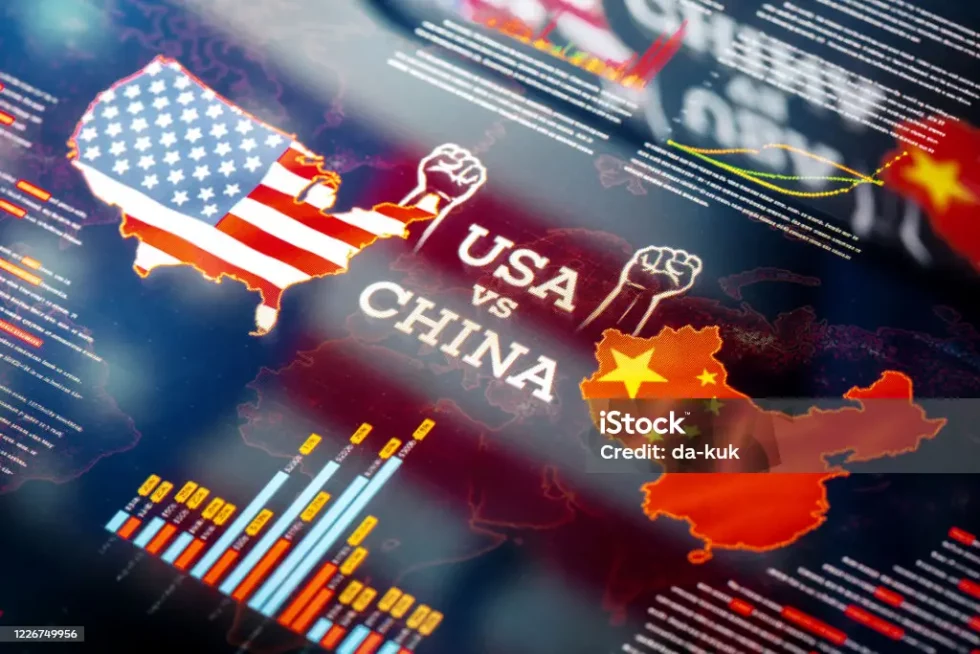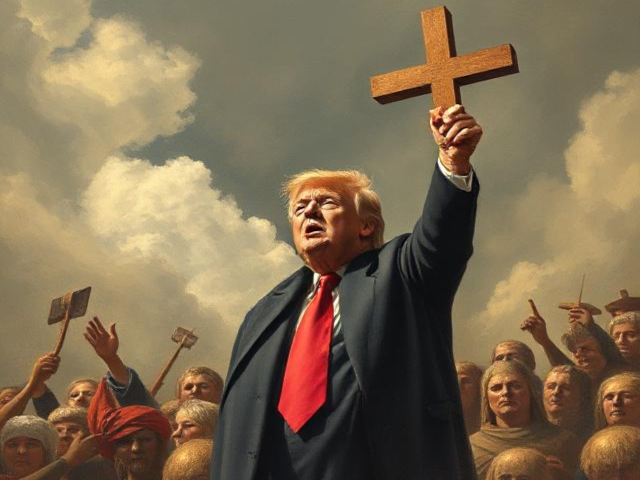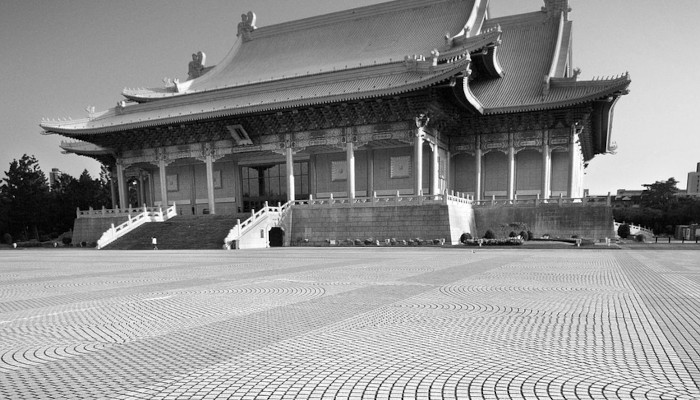
A trade war is looming. It could be the largest since the start of post-Cold War globalization and potentially one of the largest ever. The waste in its wake could far outstrip the devastation of ongoing conflicts in Ukraine or the Middle East and could change the planet forever, starting a second Cold War.
On May 11, the US announced it is set to impose 100% tariffs on imports of Chinese electric vehicles. The day after, Beijing said it would retaliate. America is allegedly frustrated and has lost its patience. Last month in Beijing, Secretary of State Antony Blinken may have made some offers to the Chinese, but they were all rejected, thus prompting the tariffs.
The US is the world’s largest importer, and the present economic order is geared around it. China is the world’s largest exporter, and the US has long complained it can’t withstand such a large surplus. [1]China had a $72.35 billion trade surplus with the US in April 2024. Some economists believe the surplus could be underestimated.
Beijing is afraid that if it were to open its market and have the full convertibility of its RMB, it could start an economic tsunami washing away Chinese society and its political system.[2]
The timing and the scope of the present tariff dispute are not precise. It could take years, months, or weeks to slap import duties on vehicles, and it’s not clear if other markets like the EU, Japan, the UK, or developing countries would follow suit, when, and to what extent. But the announcements cast a pall over global trade which was already being partitioned because of the Ukrainian war and may have earlier fallouts in the financial markets.
Furthermore, it’s not only trade. Zheng Yongnian argued: “The US is clearly trying to shift responsibility to China for its failure to defeat Russia, despite the US itself and its allies never ceasing to do business with Russia. The PRC has trouble understanding that on the one hand, the US makes ready for war with China in the Indo-Pacific, yet meanwhile hopes that China and Russia will have no trade relations – so that the US-led NATO can defeat it faster Russia allows the US to free up its hands to deal with China wholeheartedly as soon as possible. What’s the logic here? Only Americans can straighten it out!”[3]
Domestic markets
The crisis occurs when China is trying to revive its sluggish internal market.
“As business confidence reaches new lows and a law to support China’s private firms works its way through the system, scholars have called on the government and Communist Party to formally differentiate ‘entrepreneurs’ from ‘capitalists’ to provide theoretical backing for a resurgence of the non-state sector,” [4] wrote the South China Morning Post last week, a newspaper with special access in Beijing.
The daily admits market “confidence has been shaky as China works through a sluggish post-pandemic recovery. About 60% of private businesses reported a drop in revenue or zero growth last year, while only 28% said they planned to increase investment in the coming two years, according to a recent survey of over 1,400 companies by research institute Beijing Dacheng.”
The distinction between “entrepreneurs” and “capitalists” recalls a debate in the 1980s when the Communist Party was trying to devise theories to accommodate both the party’s necessity for ultimate control over private property and the practical demand to encourage enterprises. Back then, the party was trying to smuggle capitalism under a socialist veneer.
Everyone was eager to believe in this contraband theory for two reasons:
- At that time, the general trend of the country was to open up, and thus, people trusted in a “change of the official stamp on the box” to deliver the “real goods” (capitalism). Now, the general trend is different.
- People had few alternatives back then—starve or pretend to believe in the new direction. Anything was better than starving. Now, people do not starve, and they have enough to eat, and if they “enterprise,” they risk the capital they have made in the past years. So, people are more cautious; rather than taking unnecessary risks, they stay home.
Therefore, while the latest initiative is essential and significant, it may still fall short of what would be necessary to move domestic confidence.
Meanwhile, domestic and international market pressures are building, pressing Chinese politics that may also try to have and eat the cake. It has worked in the past; some think it could work again. It could buy the government some time now, but it will not solve the problem. Or maybe Beijing is only trying to buy some time waiting for the US presidential elections.
A real solution would be to negotiate a grand pact. The US and other Asian neighbors with complaints against China could guarantee Xi Jinping and the CCP power in return for political-economic reforms at home (political and legal guarantees for private property), the RMB full convertibility, and market access.
This idea gets no traction because it is arduous and full of traps, plus there is mutual distrust and vested interests against it. These vested interests include Chinese and Western businessmen enjoying privileged positions in the Chinese market who would lose out if China opened up. Additionally, the Chinese don’t trust the Americans, and the Americans don’t trust the CCP.
[1] See https://tradingeconomics.com/china/balance-of-trade
[2] See https://www.appiainstitute.org/articles/america/china-and-trumps-mala-make-america-little-again/
[3] As translated by David Kelly in https://docs.google.com/document/d/1u-VO3PulhEwGrzjZcpWIWsBoL0GEYIXyOX-sByFOHQU/edit#heading=h.n4n5gtef3jar









